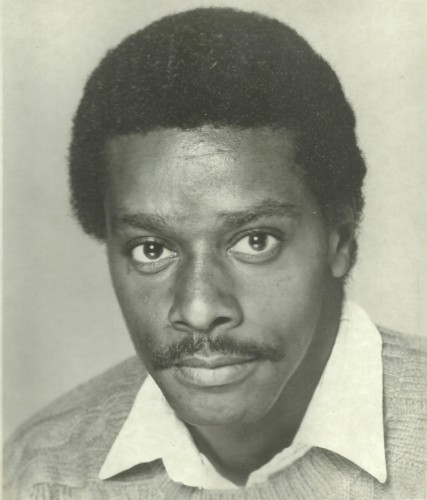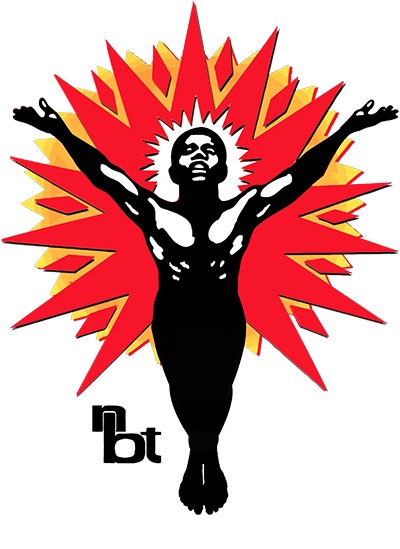

Jacques Wakefield's early acting career intersects with the foundational
moments of several signature Black theaters.
1960s Black Theater History: Reminiscences
of an Actor Who Lived It
How does theater play a role in our lives? Is it like love? Like food or clothing? Do we need it? What is the purpose of theater in the lives of people of African descent? Is it just entertainment? Is it a distraction from ignorance, pain, or the general attitude of being taken advantage of by the racial henpecking order of a society that chases the dollar religiously? What does theater do for Black people? Why do, or should Black people go to see some fabricated semblance of reality? Isn't the drama of our individual lives enough?
Black theater is an institution of cultural information, adapted by descendants of Africans and refined in form and context (in some instances) away from the enemies of psychological enslavement. Also, it transcends everyday reality and spells out the living patterns of where and what we are, or should be or can be--a way to see our true selves. It also reveals a solidarity of effort that precludes the language and logic of our oppressors with Black aesthetic style. Yet, today too much Black theater has become revivals, popular low comedy, sentimental domestic guilt trips or venues for the young to be an angry voice of somebody else's past. Theater should be a trusted form of communication; it lives as no other art form can. It lives now. The flesh and blood of the actor and the audience are reciprocal.
I was a Black actor/poet when Black theater meant Black life--where it lived on the stage and on the page and in the hope of Black progress. The first and most memorable book I read about Black theater was Loften Mitchell's Black Drama. It helped me to understand theater from a Black perspective and led to monumental and innovative experiences for me with foundational New York Black theater institutions, such as HARYOU-ACT's theater, directed by Leonard Parker; Harlem School of the Arts, founded by Dorothy Maynor; Barbara Ann Teer's National Black Theatre; and Vinnette Carroll's Urban Arts Corps.
When Martin Luther King Jr. was shot in 1968, many of us in the Harlem community shot straight to 125th St. and commenced to perform in the "theater of destruction and retaliation"...(continued)
To finish reading this article, purchase your subscription today and get this article and the rest of Vol. 23, no. 2 for FREE!
Jacques Wakefield is an actor, published poet (including in A Concise Anthology of American Literature, 7th edition), a writer and a playwright, who is living in New York City.
Winter Spring 2017
This article is featured in Vol. 23, No. 2
Also in this issue:
To order this issue, send check or money order for $4.00 to
Black MasksP.O. Box 6642
Tallahassee, FL 32314

National Black Theatre's logo recalls Jacques Wakefield's youthful gesture of enthusiasm.